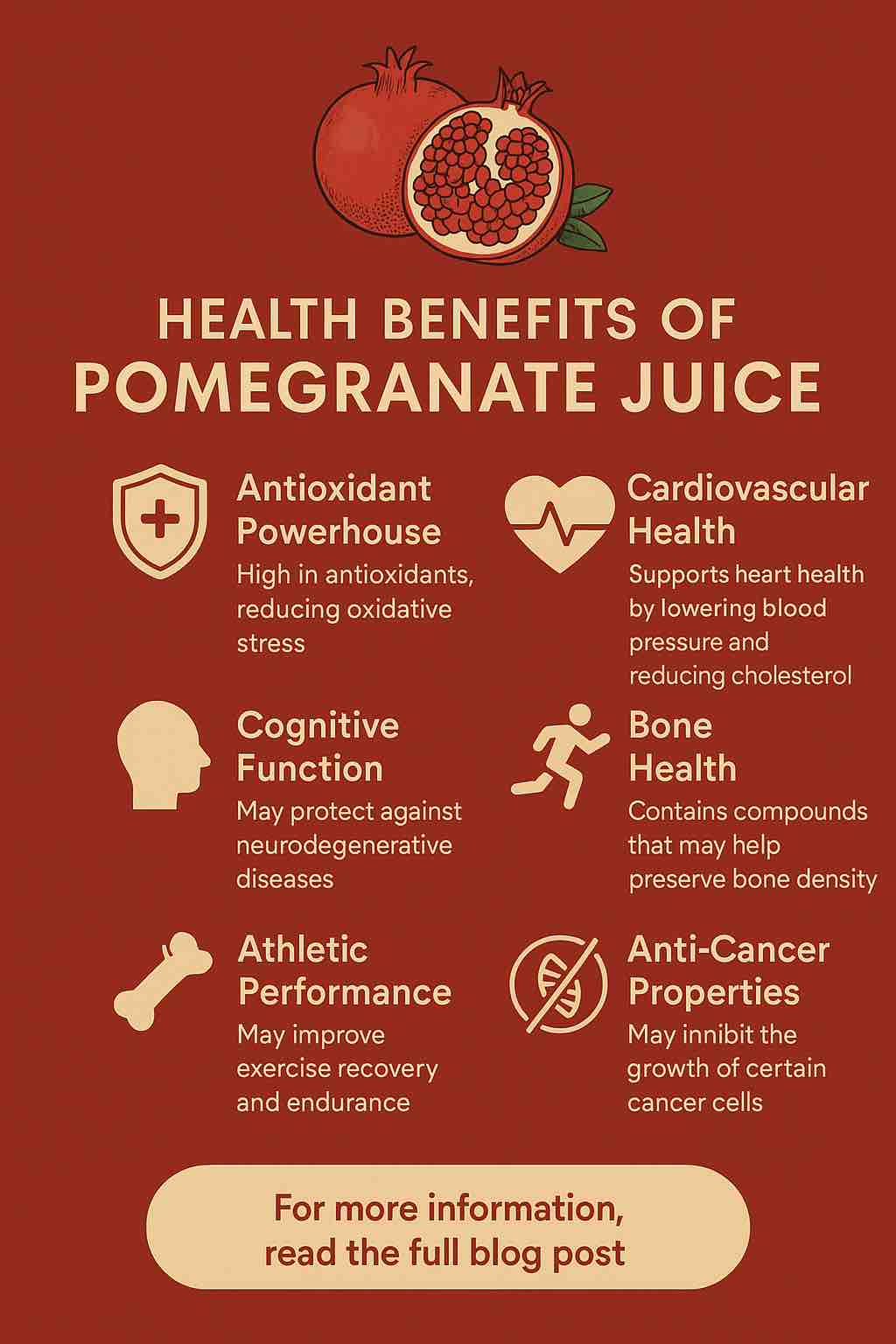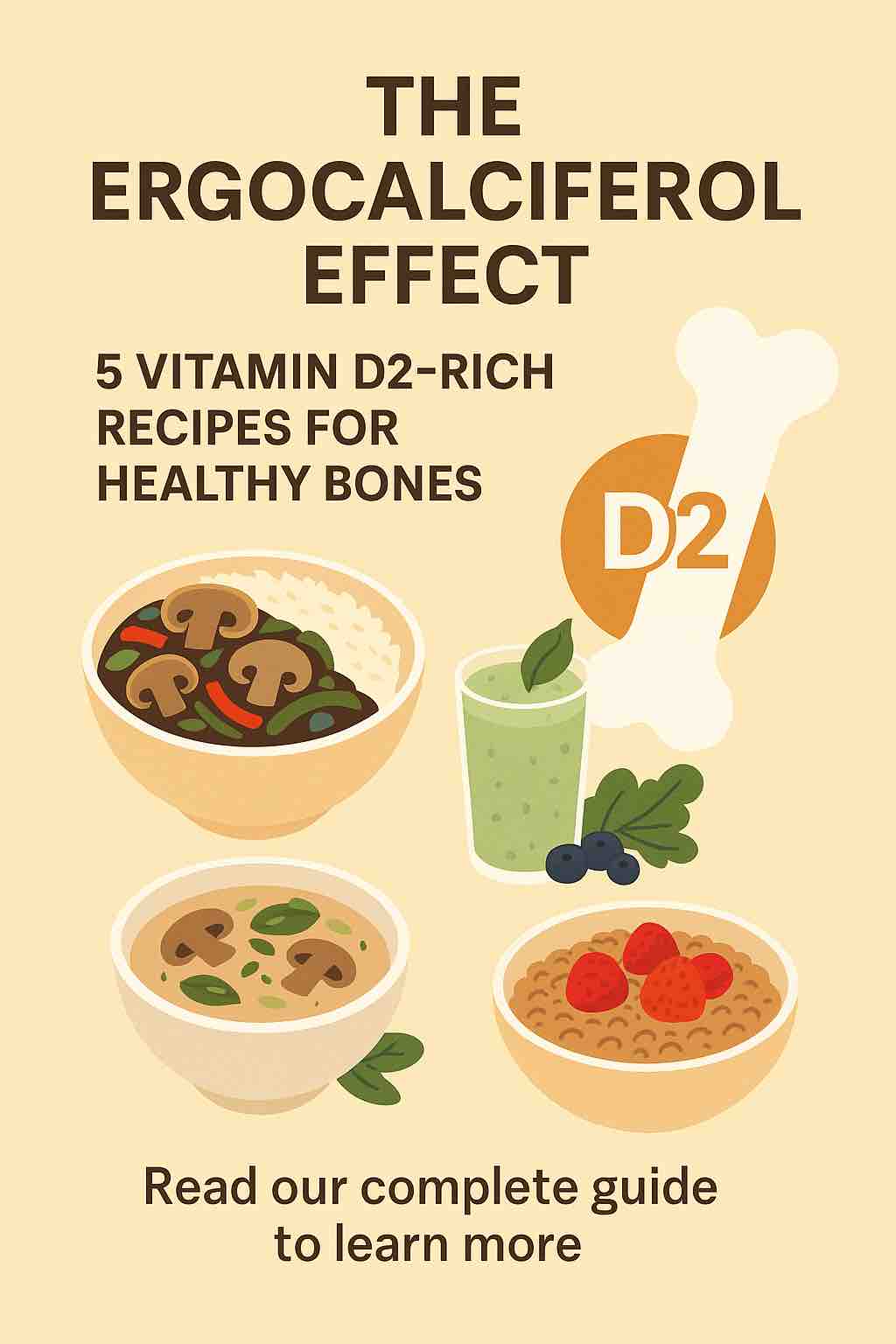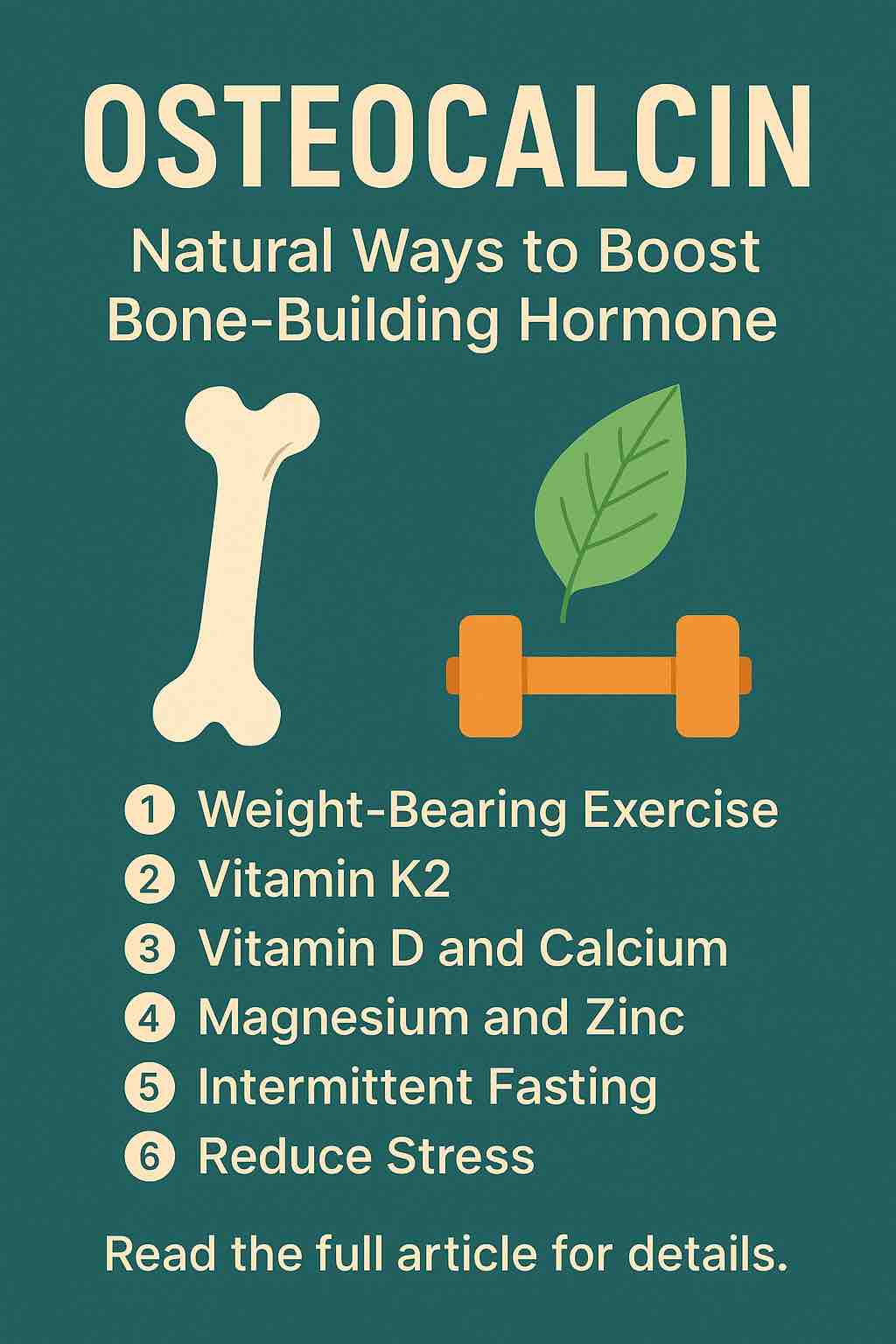
Pomegranate juice isn’t just a vibrant, tangy treat—it’s a nutritional powerhouse with a history that stretches back thousands of years. Revered in ancient cultures as a symbol of health, fertility, and eternal life, the pomegranate is now backed by modern science for its many potential health benefits. From supporting heart health to reducing inflammation, this ruby-red elixir offers more than just a burst of flavor. Let’s dive deep into why adding pomegranate juice to your diet might be one of the smartest health decisions you can make.
🧪 1. A Natural Antioxidant Powerhouse
One of the biggest selling points of pomegranate juice is its extraordinary antioxidant content. It contains punicalagins and anthocyanins, two potent types of polyphenols that are responsible for much of its health-boosting power.
In fact, studies show that pomegranate juice has three times more antioxidants than red wine or green tea. These antioxidants help neutralize harmful free radicals in the body, which are known to contribute to chronic diseases and aging.
Quick Fact: The antioxidant capacity of pomegranate juice is so potent that it’s been found to slow down oxidative stress in cells and reduce markers of inflammation.
❤️ 2. Promotes Heart Health
Pomegranate juice may be one of the best natural options for keeping your heart in check. Regular consumption has been linked to:
- Lower blood pressure: A 2013 study found that drinking just 150ml of pomegranate juice daily for two weeks helped significantly lower systolic blood pressure.
- Reduced LDL cholesterol oxidation: Oxidized LDL is a major contributor to plaque buildup in the arteries.
- Improved arterial function: Pomegranate juice may increase nitric oxide production, enhancing blood flow and reducing arterial stiffness.
- Slowed progression of atherosclerosis: Long-term intake can potentially reduce arterial plaque buildup, a major cause of heart attacks and strokes.
🧠 3. Brain-Protective Effects
Emerging research suggests that pomegranate juice could support cognitive function and protect against age-related brain diseases like Alzheimer’s and Parkinson’s.
Ellagitannins in pomegranate may reduce brain inflammation and oxidative damage, both of which are believed to play a role in cognitive decline. A 2013 UCLA study even found that older adults who drank 8 ounces of pomegranate juice daily had better memory recall and increased brain activity compared to those who consumed a placebo.
Did You Know? The brain has a high fat content, making it especially vulnerable to oxidative stress—this is where pomegranate’s antioxidants can shine.
💪 4. Supports Exercise Recovery and Performance
If you’re active or athletic, pomegranate juice might become your new go-to recovery drink. Studies suggest it can:
- Reduce muscle soreness
- Speed up recovery time
- Boost endurance during workouts
This is largely thanks to its anti-inflammatory and antioxidant effects, which help muscles recover faster after intense activity.
🦴 5. Potential Benefits for Bone Health
Although more research is needed in humans, animal studies have shown that compounds in pomegranate may help prevent bone loss, especially post-menopause. Researchers believe this is due to the juice’s ability to reduce inflammation and oxidative damage that contribute to bone degradation.
🧬 6. May Have Anti-Cancer Properties
Several laboratory studies have shown that pomegranate juice may help inhibit the growth of cancer cells, particularly in prostate and breast cancer. It appears to:
- Block cancer cell proliferation
- Induce apoptosis (cell death)
- Inhibit tumor blood vessel growth
While these are early-stage findings, they’re promising enough that researchers continue exploring pomegranate’s role in cancer prevention and therapy.
🦷 7. Boosts Oral Health
Believe it or not, pomegranate juice may even benefit your mouth. It has antibacterial and antiviral properties that help fight off plaque-causing bacteria, gingivitis, and bad breath.
Some studies have found that pomegranate extract is just as effective as mouthwash in reducing dental plaque buildup.
🛡️ 8. Supports Immunity
Rich in vitamin C, vitamin E, and other immune-boosting nutrients, pomegranate juice helps strengthen the body’s defenses against infections. It’s especially beneficial during cold and flu season or when you’re feeling run down.
⚠️ A Note of Caution
While pomegranate juice is incredibly nutritious, there are a few things to keep in mind:
- Natural sugars: Though it’s a healthy drink, it still contains natural sugars. Stick to unsweetened, 100% pure pomegranate juice and limit your intake to 4–8 ounces a day.
- Drug interactions: Pomegranate juice may interact with certain medications, particularly blood thinners and medications metabolized by the liver. Always consult with your doctor if you’re on medication.
🥤 How to Enjoy Pomegranate Juice
Incorporating pomegranate juice into your routine is easy and delicious:
- Drink it plain, chilled, or over ice
- Mix into smoothies with other antioxidant-rich fruits
- Use it in salad dressings or marinades
- Add to sparkling water for a refreshing spritzer
🧾 Final Thoughts
Pomegranate juice is far more than just a tasty drink. It’s a deeply nourishing beverage that has stood the test of time—praised in ancient texts and now celebrated in modern scientific literature. Whether you’re looking to support your heart, sharpen your mind, or boost your overall wellness, this juice offers a compelling reason to pour yourself a glass.
So the next time you’re in the grocery store, don’t walk past that bottle of pomegranate juice—your body might thank you for it.
FAQs
1. Is it better to drink pomegranate juice or eat the whole fruit?
Both offer health benefits, but juice provides a concentrated source of antioxidants and nutrients. However, the whole fruit contains fiber, which helps with digestion and satiety.
2. How much pomegranate juice should I drink daily?
4 to 8 ounces (120–240 ml) per day is generally considered safe and effective for reaping its health benefits.
3. Can pomegranate juice help lower blood pressure?
Yes. Studies have shown that daily consumption can reduce systolic blood pressure due to its high antioxidant and potassium content.
4. Does pomegranate juice interact with medications?
Yes, it may interfere with certain medications like blood thinners and statins. Always consult your doctor if you’re on prescription medication.
5. Is pomegranate juice safe during pregnancy?
In moderation, it’s generally safe and can be beneficial due to its folate and vitamin C content. However, pregnant women should opt for pasteurized juice and consult their healthcare provider.
6. Can pomegranate juice help with inflammation?
Yes. Its punicalagins and other polyphenols have anti-inflammatory effects that can help with conditions like arthritis and metabolic syndrome.
7. Is store-bought pomegranate juice as healthy as fresh?
Fresh juice is ideal, but store-bought options labeled “100% pure pomegranate juice” without added sugars or preservatives are still beneficial.
8. Does it help improve memory or brain function?
Preliminary studies suggest that regular consumption may improve memory retention and protect against cognitive decline due to its antioxidant properties.
9. Is pomegranate juice good for diabetics?
It contains natural sugars, so portion control is important. Some studies suggest it may help improve insulin sensitivity, but diabetic individuals should consult their healthcare provider.
10. Can children drink pomegranate juice?
Yes, in small amounts. It’s packed with nutrients, but due to the natural sugars, it’s best served diluted or mixed with water for younger children.













